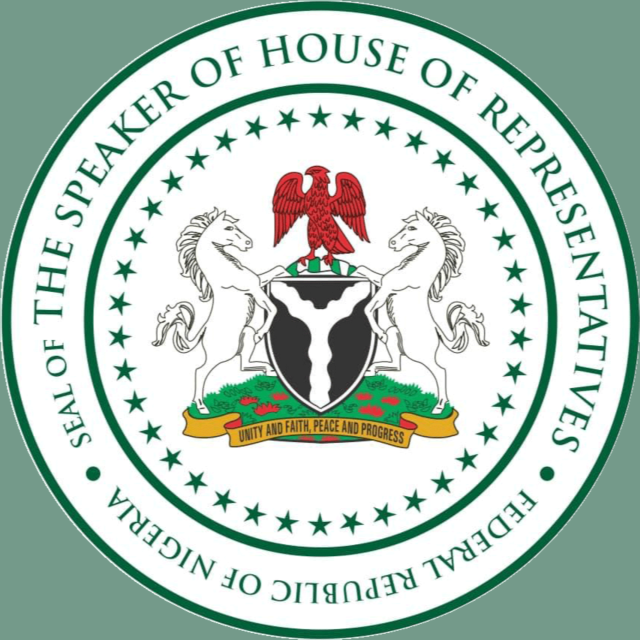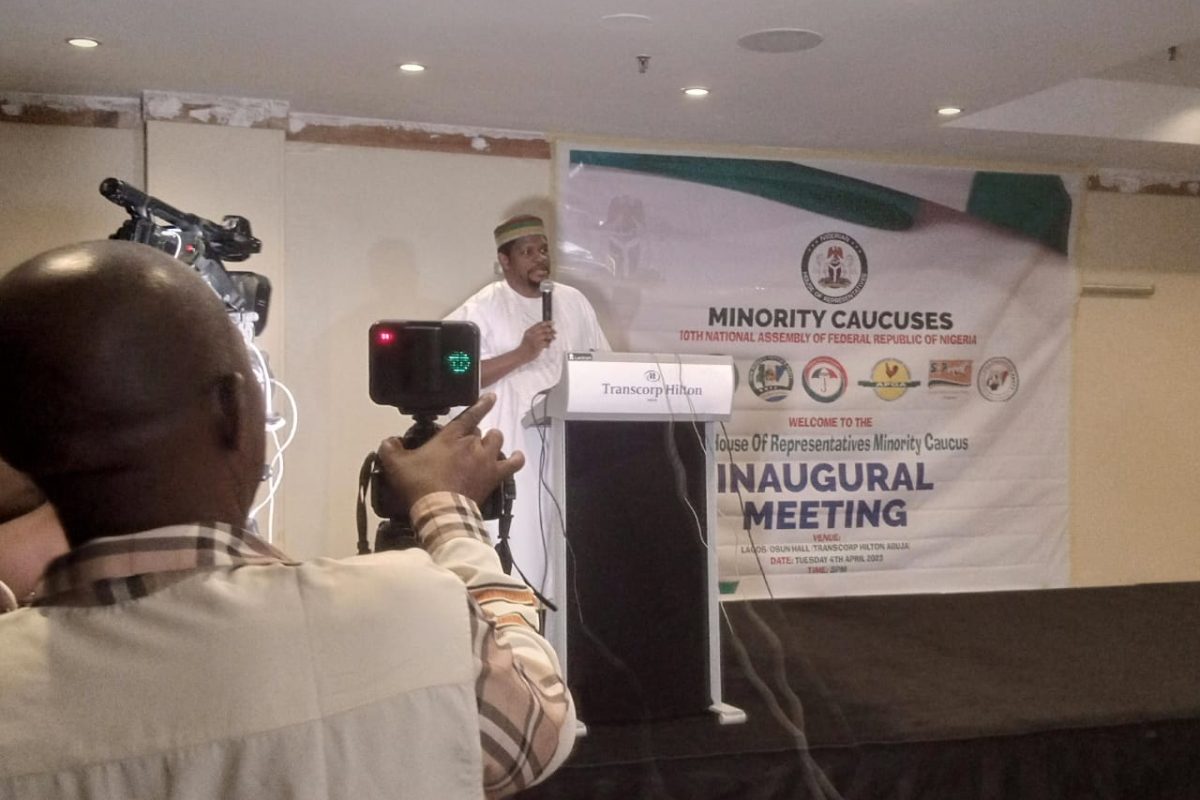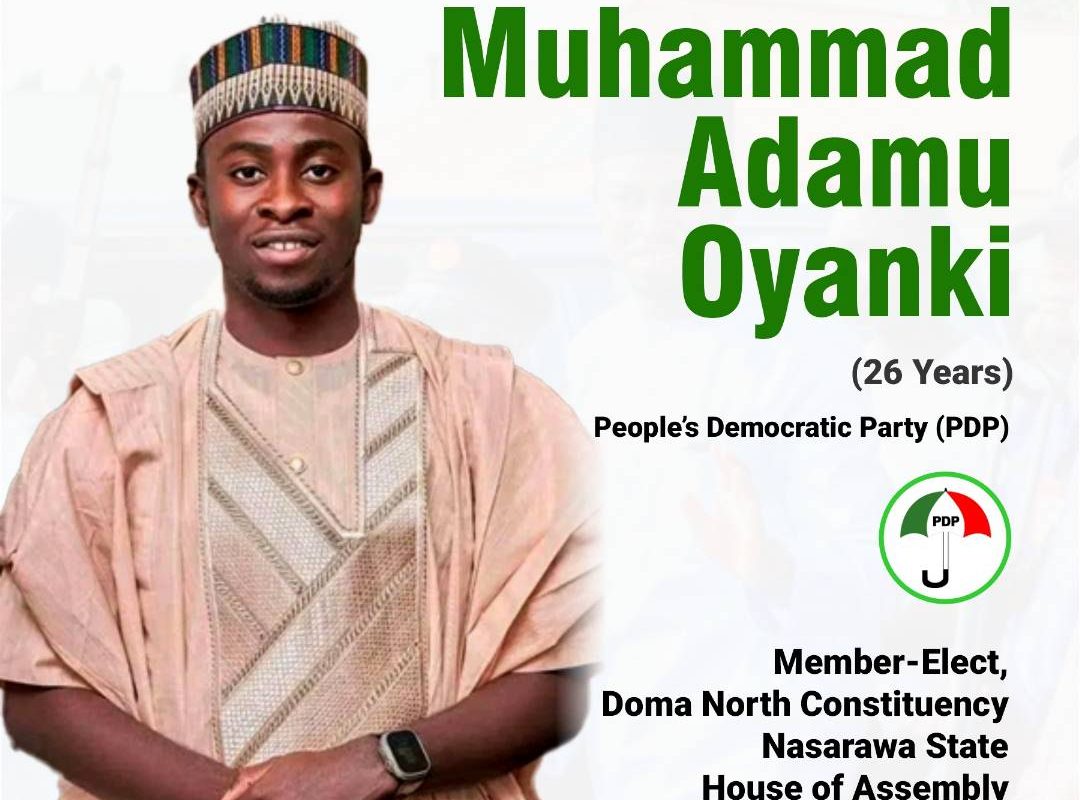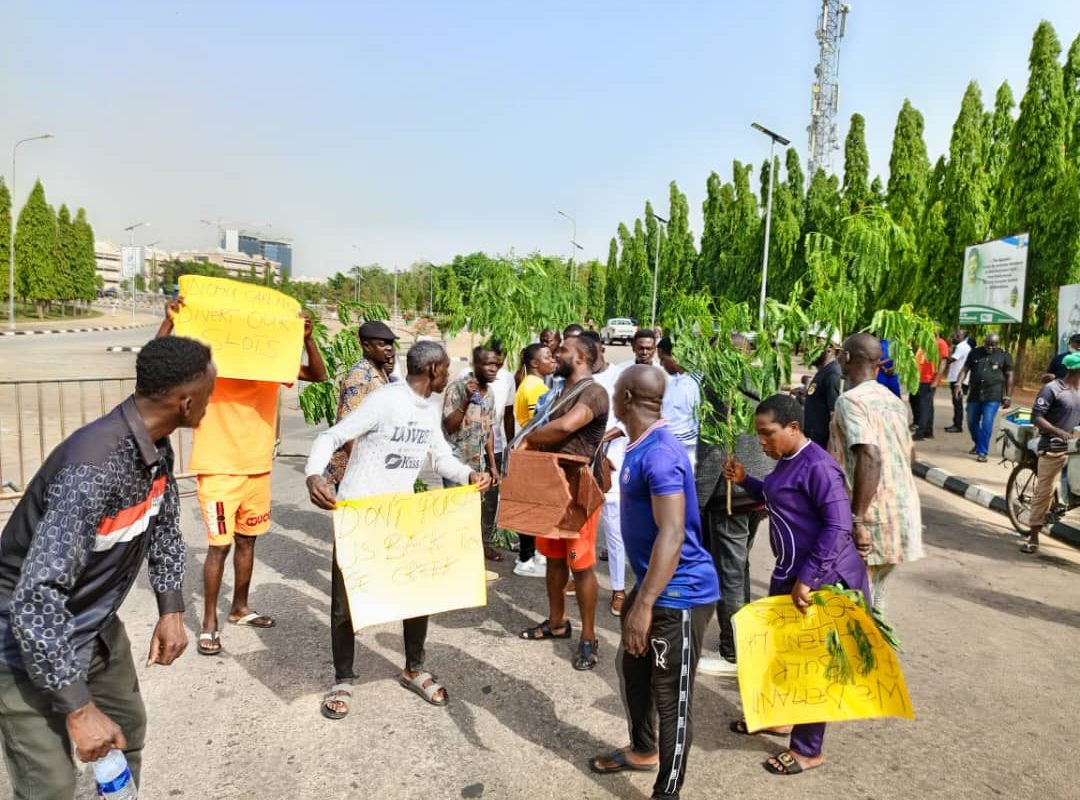The intrigues that characterise the period leading to the emergence of the House of Representatives leadership have already commenced. Interestingly, the race this time is likely to go beyond the choice of the majority party.
This piece examines some early signals that have emerged in the race to determine who clinches the Speakership of Nigeria’s Tenth House of Representatives.

With the 2023 National Assembly elections largely completed, attention is tilting towards the intrigues and intricate politicking that usually characterise the race for the Speakership of Nigeria’s Tenth House of Representatives, as well as Principal Officers of the Chamber.
While many have argued that no legislation expressly precludes newbies from aspiring to leadership positions in the House, there is a convention that makes ranking legislators who are well-versed in the business of lawmaking favourites in the race.
However, unlike previous assemblies where the governing party had more members, putting them in a pole position to decide what zone and individuals should be anointed for the plum position, it might be a different ball game altogether this time. This is especially if one considers the number of lawmakers so far elected on the platform of opposition parties compared to those in the governing All Progressives Congress (APC).
READ ALSO: Parliament Special: Nigeria’s 10th National Assembly and the ghost of 2015
According to the data released to the public by Nigeria’s elections management body, the Independent National Electoral Commission (INEC), the All Progressives Congress (APC) has 162 Members-Elect. On the other hand, the opposition Peoples’ Democratic Party (PDP), Labour Party (LP), the New Nigeria People’s Party (NNPP), the All Progressives Grand Alliance (APGA), and of course, the Social Democratic Party (SDP) have a combined strength of 166 lawmakers.
The list is, however, not exhaustive as there are elections that have been declared inconclusive in some federal constituencies and, as such, are yet to be concluded. What this development, therefore, portends for keen watchers of parliamentary politics is that it is not likely to be a walk in the park for the governing party in its bid to foist its will on the House.
As was the case in 2011 when the governing People’s Democratic Party (PDP) failed in its bid to have Oyo lawmaker, Mulikat Akande Adeola as the House Speaker, while lawmakers preferred Aminu Waziri Tambuwal, who received massive support from the opposition then, there is likely to be an upset in the 10th Assembly.
Importantly, this was also the case in 2015 when members opted for Yakubu Dogara over and above Femi Gbajabiamila, who was the choice of the head honchos at the APC National Secretariat, thereby consigning the internal arrangements of the party to the trash can.
EARLY ENTRANTS
Already, some names are being bandied around as the likely contenders, with various groups already drumming support for these lawmakers. Notable among some of the early contenders are:
Ahmed Idris Wase
A highly controversial parliamentarian, the incumbent Deputy Speaker was first elected to the House in 2007 to represent Wase Federal Constituency of Plateau State.
Maje, as his admirers fondly call him, argue that he should be given the nod to occupy the exalted office, considering his rise to the position of Presiding Officer in the Green Chamber. His promoters also hinge their argument on Wase’s decision in 2019 to step down for Femi Gbajabiamila, the incumbent speaker in the interest of party supremacy.
Aliyu Muktar Betara
Representing Biu/Kwaya Kusar Biu/Bayo/Kwaya Kusar/Shani Federal Constituency of Borno State, the fifth-term lawmaker currently chairs the House Committee on Appropriation. Analysts, however, opine that it will be difficult for him to clinch the top job as he hails from the same state as the Vice President-Elect, Kashim Shettima.
Benjamin Kalu
Representing Bende Federal Constituency, Kalu, who is the spokesman of the House of Representatives, is another personality to watch. Despite spending just one term thus far, the Abia lawmaker appears to be establishing himself as an authority in parliament. However, his leader, Senator Orji Uzor Kalu, who is from the state, is also said to be interested in the Senate Presidency as such, makes it difficult for the South East to produce the Senate President and Speaker of the House.
Yusuf Adamu Gagdi
Considered an ally of the outgoing Speaker, Femi Gbajabiamila; the lawmaker representing Pankshin/Kanam/Kanke Federal Constituency, hails from Plateau, the same State as the Deputy Speaker, Wase.
A former Deputy Speaker of the Plateau State House of Assembly, he is said to have commenced strong lobbying for the coveted position with journalists already in the fray leading his campaigns.
READ ALSO: 10th NASS: “North-West gave Tinubu highest votes, deserves Senate Presidency” – Barau
Although the list of contenders is not in any way exhaustive, signals indicate that the contest will be more intense this time. There are even pointers to the fact that lobbying for these leadership positions actually began at the International Conference Centre in Abuja; venue for the collection of Certificates of Return by Members-Elect. Speculations are rife that some of these likely contenders attempted to seize advantage of naivety on the part of the newbies to throw baits at them and woo them to their side.
Credible reports also suggest that these lobbying efforts continued with consistent nocturnal meetings at various discreet locations in the Federal Capital Territory (FCT) and its outskirts. And so, while we are yet to have an open declaration for the Speakership of the House by these contenders, some subtle campaigns from their handlers have since commenced.
The legislature is the live wire of any representative democracy, and it will be great to see that the lawmakers do due diligence in the task of electing a competent and effective leadership that will not draw the country back from relative successes that have been made in parliament since 1999.
Ibrahim Tanko Gaddafi
Ibrahim Gaddafi Tanko is a celebrated opinion writer, contributor to several frontline national tabloids in Nigeria and holds a Bachelor of Law Degree (LLB) from the Taraba State University. He has a huge flair for journalism with particular interest in issues concerning governance, politics, the legislature, humanitarian affairs, and climate change.



